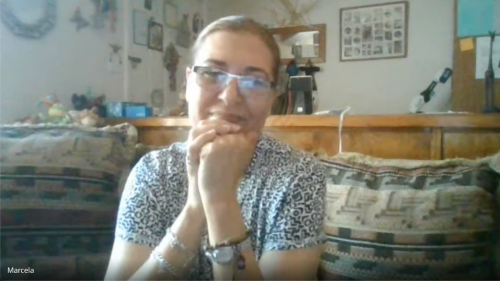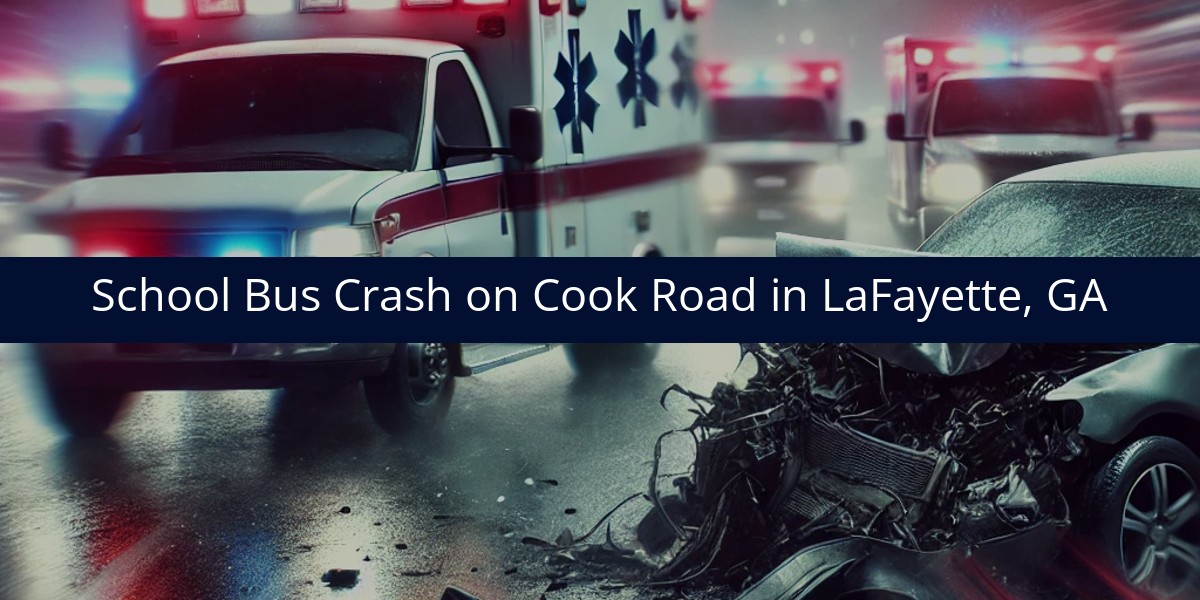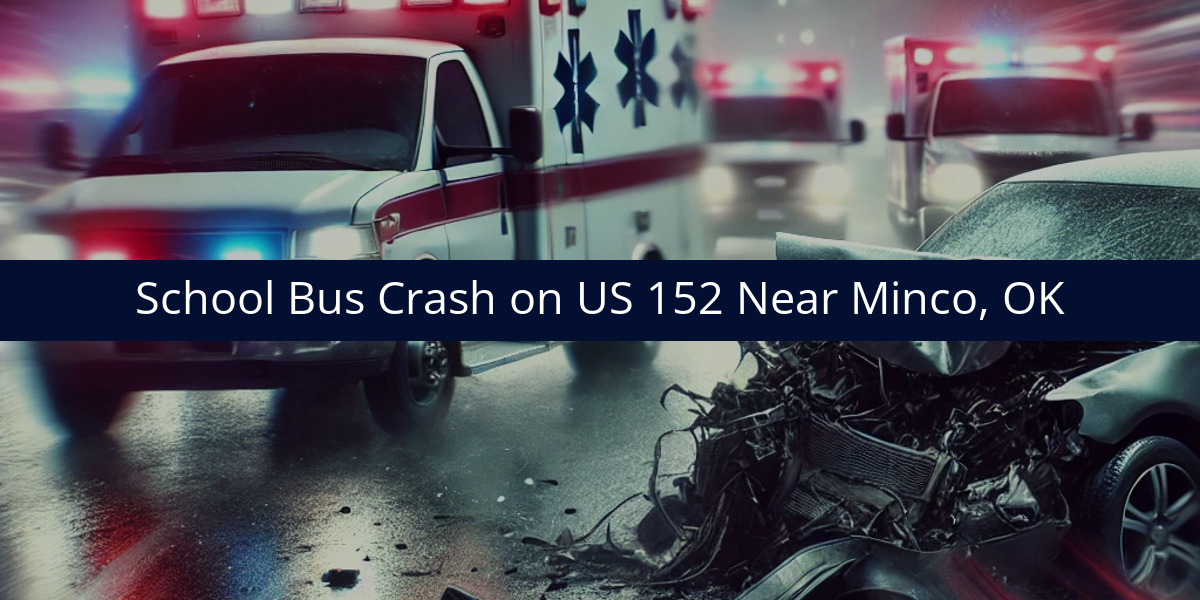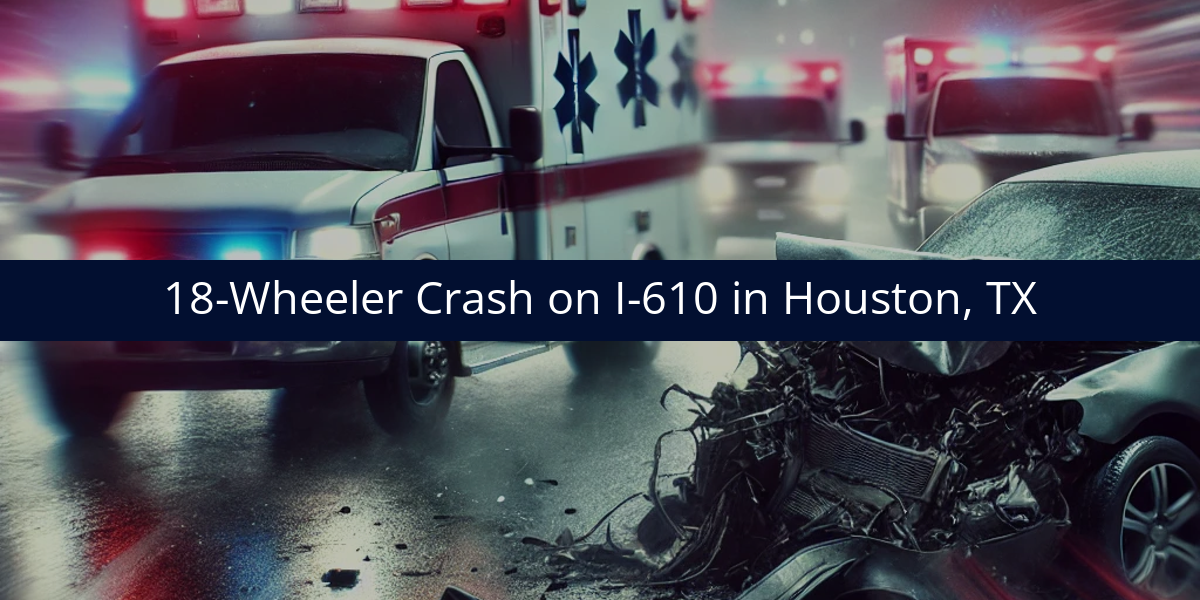The aftermath of a commercial truck accident is often far more complicated than a typical car crash. Because the trucks are tied to businesses, operate under specific regulations, and often carry significant insurance coverage, sorting out liability and compensation can quickly become complex. For accident victims, understanding the basics of how these policies function is essential before navigating claims or lawsuits. That naturally leads to the question: How does commercial truck accident insurance work?
Answer: Commercial truck accident insurance is a pool of money available to compensate victims of trucking company negligence, should the victim prove their case in court.
Understanding that definition is only the starting point, because the way this “pool of money” is accessed, divided, and sometimes even affected by legal costs makes the process of actually recovering compensation far more complicated.
Commercial Vehicle Insurance Only Pays if You Make Your Case
There's a common but dangerous misconception about insurance: Many people assume that if they’re in a crash with a commercial truck, the trucking company’s insurance will automatically cover the costs of property and personal damages.
In reality, insurance is designed to protect the trucking company that caused your accident. In exchange for the trucking company premiums, the insurance company offers to both put up the money should an accident occur and defend the trucking company. This means defending the trucking company in court if need be.
That is why victims must prove not only that the accident happened they way they say it did, but also that the truck driver and/or company were legally responsible for the harm caused. What's more, insurance companies as part of the policy have a contractual obligation to look out for their clients' interests, not yours.
In other words, while money exists to compensate victims, insurance companies only waive the white flag when it becomes obvious they will lose in court. That's why it's important to start building your legal case as quickly as possible.
What Are the Federal and Texas Insurance Requirements for Commercial Vehicles?
The federal government requires trucking companies to have $750,000 dollars in coverage for each vehicle in their fleet (49 CFR 387.9), while the state of Texas mandates an additional $250,000 (Texas Transportation Code § 218.16(a)), for a total of $1,000,000. That's the minimum coverage a Texas trucker must have, but sometimes trucking companies are more heavily insured under expanded liability policies. That means the insurance company has more money on the line, so the resistance they'll put up before letting any of it go increases accordingly.
There are a pair of other types of commercial vehicle insurance policies that you should be aware of. First, there's the self-insured retention (SIR) policy. These policies are common in Texas, as they let the trucking company assume the risk for the $250,000 of coverage required by the state, above and beyond the $750,000 the federal government already requires. For victims, this means if their claim totals up to less than $250,000, they may end up trying to settle their dispute directly with the trucking company instead of involving its insurer. However, the company rarely parts with its own money just because insurance isn't in the mix.
The other policy you should know about is an eroding policy, which allows the trucking company to count the costs of defending the lawsuit against the policy pay-out. In these cases, a $1,000,000 policy might only be worth $800,000 to you, the victim, after the trucking company's attorney fees are deducted. An experienced attorney will definitely factor this possibility into their strategy to maximize the amount of compensation you receive.
Those are some of the basics of commercial insurance policies, but people may be less interested in how they work compared to what it takes to access them.
How Does the Claims Process Work in Commercial Vehicle Cases?
When you’re dealing with a commercial vehicle accident claim, the process usually starts with the insurance company being notified—either by the trucking company or by you and your attorney. From there, the insurer will launch an investigation on its policyholder's behalf. That generally involves some of the same things your attorney does during an investigation, like reviewing the police report, examining the truck’s logs and "black box" data, interviewing witnesses, and assessing the overall damage to vehicles and cargo. At the same time, they’ll likely reach out to you quickly, often trying to get a recorded statement or push for an early settlement.
If you pursue the claim, you’ll need to prove the truck driver and/or trucking company were at fault and show evidence of the damages you suffered. In many cases, negotiations happen between your attorney and the insurance adjuster to try to reach a settlement without going to court. If the insurer refuses to pay fair compensation, the next step is filing a lawsuit, after which the claim goes through discovery, depositions, and possibly trial. Commercial insurers are infamous for aggressive tactics during the whole process, since the stakes are generally higher than in ordinary car accident cases.
How is the Process Different from Car Accident Cases?
The claims process after a commercial truck accident differs from a typical car accident in a few important ways, mostly because the stakes, regulations, and parties involved are much bigger.
In a car accident case, you’re usually dealing with just the other driver’s personal auto insurer. Liability tends to be fairly straightforward (who ran the light, who was texting, which vehicle rear-ended the other) and the insurance company evaluates your damages against the policy limit, which is usually in the neighborhood of tens of thousands of dollars.
In contrast, commercial truck accident claims involve multiple layers. The driver may be at fault, but his employer might be too for negligent hiring, poor truck maintenance, or violations of federal trucking regulations. As we mentioned earlier, the insurance coverage on a truck is also much higher, so insurers fight harder to limit payouts. On top of that, trucking companies often have legal teams and adjusters ready to respond immediately, sometimes even showing up to the crash scene, which puts accident victims at a disadvantage if they don’t act quickly.
So while both processes share the same basic outline—notify insurance, investigate, negotiate or litigate—the commercial vehicle side is more complex, adversarial, and driven by larger financial considerations. Remember: Insurance policies exist to pay for the damages you suffered, but the companies who underwrite those policies consider it their money. If they can think of a reason not to part with it, they'll fight tooth and nail—which will reflect in their dealings with you.
That doesn't mean commercial insurers or their agents are villains, just that their interests don't necessarily align with yours. They are bound by contract to represent their clients (trucking companies) the best they can, but unfortunately that means trying to crush your claim by any (legal) means necessary. To make sure they can't do that, you need to show up armed to prove your claim.
How Do You Prove Your Commercial Vehicle Accident Claim?
Many people have called the firm in the past assuming their cases were "slam dunks," but no truck accident is really that simple. Simply showing up and expecting minimal effort to carry your claim is a surefire recipe for dismissal.
The core principle of the legal system is that in a trial, claims must be supported by legally admissible evidence to be considered true. A judge or jury is convinced by clear and compelling proof, not hearsay or assumptions. This means clear documentation and evidence—both for damages and for fault—are essential for success. You’ll also need to connect the dots between the accident and your damages, which usually means gathering records, bills, and expert testimony that explain the extent of your injuries and how they impact your life.
In short, you prove your claim by presenting a clear story, backed by solid evidence, that shows both fault and the harm you suffered.
It's not enough just to find that proof, though, and insurance companies know it. They and their representatives are well acquainted with the Rules of Evidence—strict guidelines about submitting evidence to a court. For example, you can't just wave around a handful of medical and car repair bills in front of a judge. They have to be verified and meet the evidentiary standards of the court.
Of course, investigating carefully enough to obtain all that proof and documentation is tough sledding for the average truck accident victim. Through no fault of their own, they rarely have the resources or connections to round up all the proof they need to build their case. On top of that, most accident victims aren't prepared for the avalanche of obstacles a trucking insurer will likely put in their path. Realistically, most people's best bet is to hire an experienced truck accident attorney to shoulder the burdens of the case.
Grossman Law Offices Can Help
Dealing with commercial insurance companies is never easy. Your life has already been turned upside down by a commercial crash, and without the right help there's a chance you won't receive the compensation you're owed. As soon as an accident occurs, insurance companies start investigating ways not to fulfill their client's policy. That's why it is imperative to have someone looking out for your interests in a commercial insurance claim—because insurance companies will have plenty of people looking out for theirs.
At Grossman Law Offices, the attorneys have decades of experience standing up to trucking companies and their insurers, making sure accident victims aren’t pressured into unfair settlements. With a proven track record in complex truck accident cases, they know how to uncover the evidence, challenge the insurer’s tactics, and fight for the full compensation their clients deserve. If you were injured or lost a loved one in a commercial vehicle accident, contact Grossman Law Offices today for a free and confidential consultation.













